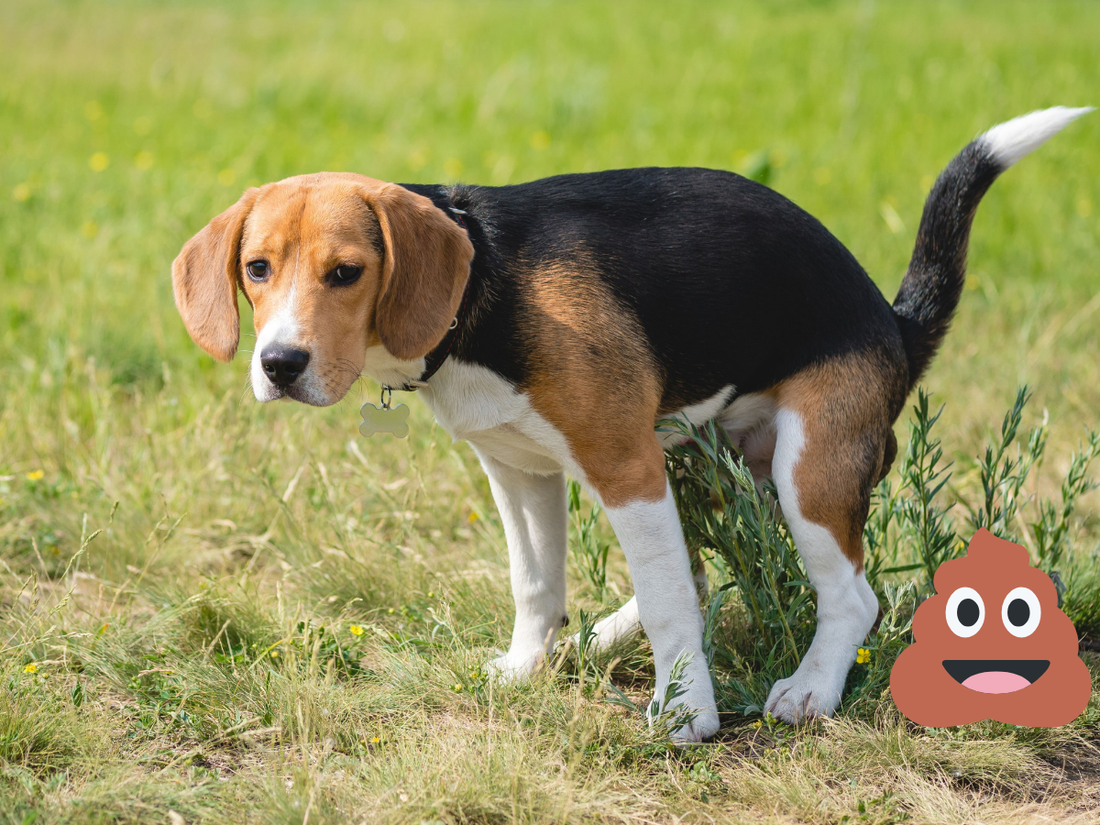
6 Signs Your Pet Needs Probiotics (And It's Not Just About Poop)
Share
When most pet parents think about probiotics, they picture digestive issues. But here's what might surprise you: your pet's gut health affects everything from their skin condition to their mood.
Dr. Paddy Casey, our in-house veterinarian, sees this connection daily in his practice: "Up to 70% of your pet's immune system lives in their gut. When the microbiome is out of balance, we see problems that seem completely unrelated to digestion."
The Surprising Signs Your Pet Needs Gut Support
1. Excessive Licking or Scratching That constant paw licking or behind-the-ear scratching? It's often linked to food sensitivities caused by poor gut health.
What's happening: An imbalanced microbiome can cause "leaky gut," allowing food particles to trigger inflammatory responses that show up as itchy skin.
2. Frequent "Tummy Upsets" After New Foods If your pet can't handle diet changes without digestive drama, their gut flora probably needs reinforcement.
What's happening: A diverse, healthy microbiome helps pets adapt to dietary changes. Limited gut bacteria = limited digestive flexibility.
3. Low Energy or "Off" Days Unexplained lethargy could be your pet's gut crying for help.
What's happening: Poor gut health affects nutrient absorption, meaning your pet isn't getting full nutritional value from their food.
4. Bad Breath (Beyond Normal "Dog Breath") While some odor is normal, persistently foul breath often indicates bacterial imbalances.
What's happening: Harmful bacteria overgrowth in the gut can contribute to oral health issues and bad breath.
5. Mood Changes or Anxiety The gut-brain connection is real in pets too. Gut health directly influences behavior and mood.
What's happening: The gut produces neurotransmitters that affect your pet's emotional state. An unhappy gut can mean an anxious pet.
6. Recurring Ear Infections Chronic ear issues often have a gut health component.
What's happening: Systemic inflammation from gut imbalances can manifest as recurring infections in vulnerable areas like ears.
How Probiotics Can Help
Quality probiotics work by:
- Crowding out harmful bacteria
- Supporting immune function
- Improving nutrient absorption
- Reducing systemic inflammation
- Supporting the gut-brain connection
Not All Probiotics Are Created Equal
When choosing probiotics for your pet, look for:
High CFU Count: Zoofs contains 6 billion CFU – enough to make a real difference Multiple Strains: Different bacteria serve different functions Prebiotics Included: These "feed" the good bacteria Third-Party Testing: Ensures what's on the label is actually in the product
What to Expect When Starting Probiotics
Week 1-2: You might notice firmer stools and less gas Week 3-4: Skin improvements and reduced itching typically appear Month 2-3: Energy levels, mood, and overall vitality improvements become evident
Real Success Stories
"We use Zoofs Probiotics for our kitty cat, Jasmine. She had itchy skin and hot spots from constant scratching, but that's completely stopped. She turned nine in January but still zooms around like a kitty." – Amanda
Beyond Probiotics: Supporting Gut Health Naturally
- Limit processed treats that can disrupt gut bacteria
- Add fiber-rich foods like small amounts of pumpkin
- Avoid unnecessary antibiotics when possible
- Manage stress through routine and enrichment
- Ensure fresh water is always available
The Bottom Line
Your pet's gut health influences their entire wellbeing. If you're seeing any of these six signs, probiotics could be the missing piece in your pet's health puzzle.
Ready to support your pet's gut health? Our Probiotic Chews combine 6 billion CFU with gut-supporting ingredients like flaxseed and sweet potato.


